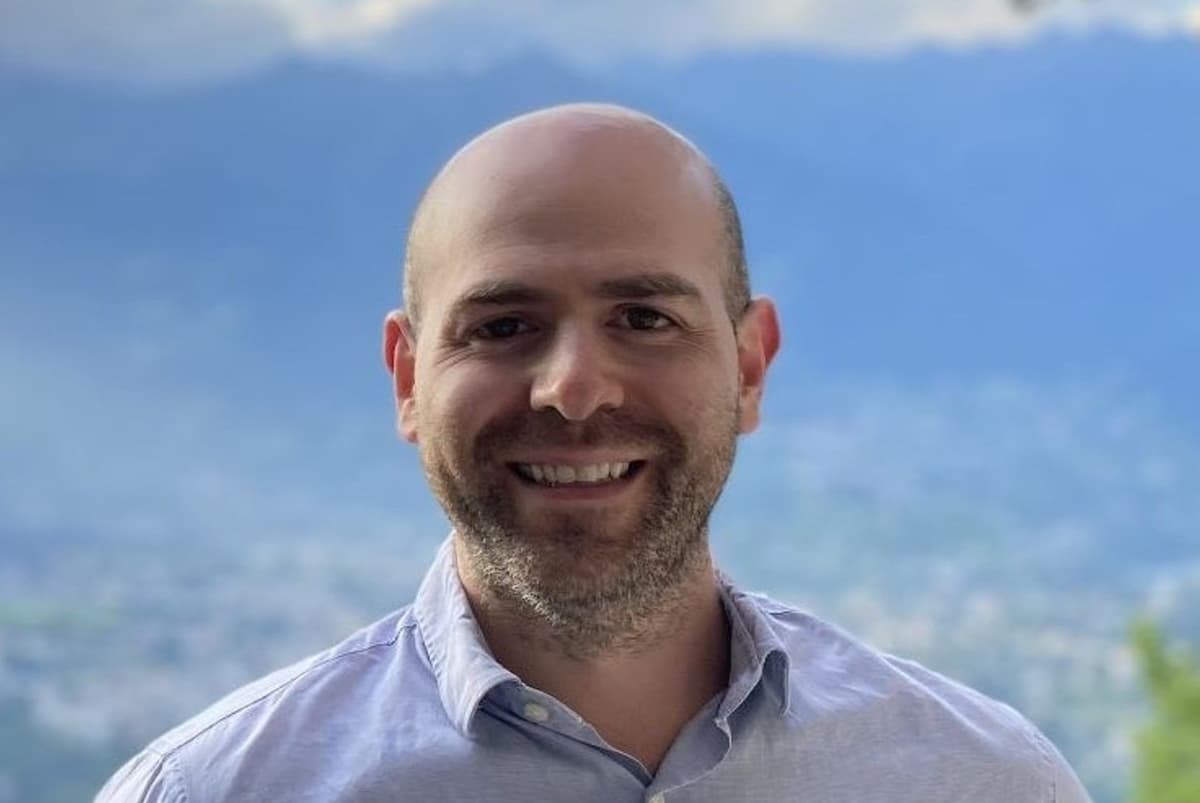Could Trump Be Attuned to the Issue of Fiat Money?
Nominee for Council of Economic Advisers has had a skeptical eye on the Federal Reserve.

Could Stephen Miran be the leader for whom we’ve been looking? Meaning — an economic nominee who could take up the cause of honest money. President-elect Trump didn’t mark the point when he put up Professor Miran to chair the Council of Economic Advisers. The Harvard-educated economist, though, has long been on record as defending the idea that the Federal Reserve is not excluded from political oversight.
Which is music to our ears. The way these columns have looked at the debasement of the dollar in the 50-plus years since the collapse of Bretton Woods is that it’s a political question. As was the Federal Reserve Act that created our central bank. As is the question of whether, say, we want to remain a member of the International Monetary Fund. As is, for that matter, the setting of interest rates by the Federal Reserve.
The fact is that all these monetary policy questions are political. It’s why between 99 percent and 101 percent of the monetary powers listed in the Constitution are granted to the Congress. Congress is the most political branch of the government. It gets the taxing power, the spending power, the power to borrow money on the credit of the United States and the power to coin money and regulate the value thereof, and of foreign coin.
Yet somewhere in the history of the Federal Reserve our central bank got into its mind that monetary policy is not — and should not be — a political matter. That idea stemmed partly from the Progressive-era mindset that saw the economic cycle of booms and busts not as a natural feature of capitalism but as a defect to be fixed. The Panic of 1907, as one Fed founder, Senator Glass, put it, was traced to “the handicap of an unscientific currency system.”
The Fed’s creators disregarded the fact that under a gold standard — a nearly autonomous monetary system — America’s currency was so stable that between 1792 and 1913 annual inflation ran at but 0.1 percent a year. All the while as America’s economy expanded to reach global industrial predominance. Instead, the solons in Congress decided to delegate — abdicate, really — their power over the currency and hand it to the technocrats at the Fed.
It would have been one thing if the sages of the Federal Reserve — the largest employer of economics PhDs in America, these columns noted today — had served as a sound steward of the dollar with which the central bank was entrusted. Far from it — despite the central bank’s proponents’ insistence, in its enabling legislation, that nothing in the law would in any way impair the convertibility of the dollar under the Gold Standard Act of 1900.
Congress had even tried to keep the Fed on the straight and narrow by imposing a 40 percent gold reserve requirement on the bank’s issues of paper money. “We have provided against inflation in almost every conceivable way,” Glass averred in 1913. And yet — since the Fed went into business the value of the dollar has plummeted, to less than a 2,600th of an ounce of gold from the 20.67th of an ounce it was worth in 1913, per the Act of 1900.
The Fed’s track record as an independent central bank, in short, has been a history of debasement of the dollar it was designed to preserve. Feature, too, the Fed’s recent track record. The independent Fed failed to prevent — or even acknowledge — the 20 percent wave of inflation initiated by President Biden’s policies. Plus, too, the bank’s operating losses — a side effect of its Quantitative Easing scheme — make the Fed technically insolvent.
Which brings us back to Mr. Miran, who notes “how little change had occurred at the Fed” despite “the policy errors that we’ve seen.” After all, the “folks who were involved in making policy mistakes” have largely kept “their jobs and even got promotions.” So “what’s wrong with the incentive structure for this system,” he asks, which lacks “negative feedback in order to get better monetary outcomes?” That’d be a starting point for reappraising the Fed’s independence.

